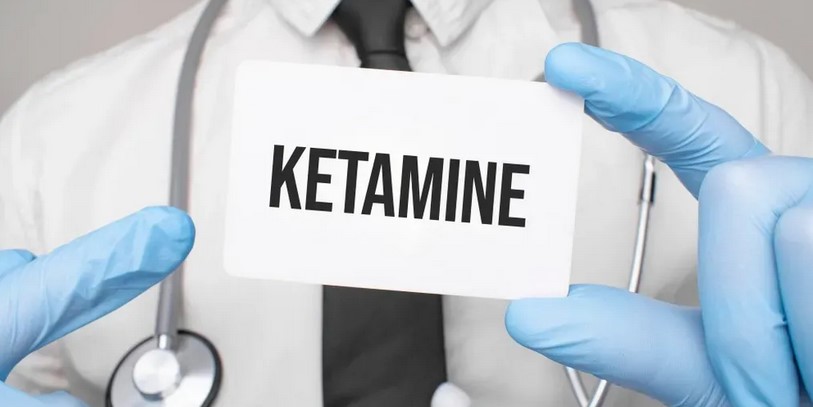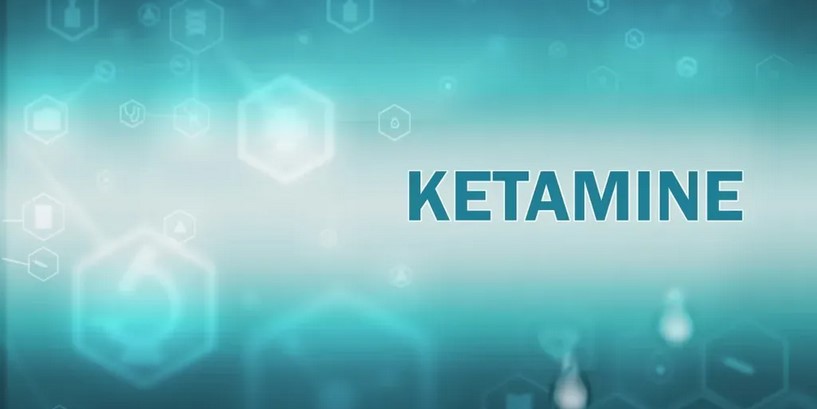Like any addiction, those with severe alcohol use disorder may have a hard time breaking the cycle. Typically treated with medication and talk therapy, many sufferers are resistant to treatment. Adding ketamine infusions may be the help you need.
One of the leading preventable causes of death in the United States, excessive alcohol use can shorten life spans by an average of 26 years, according to the Centers for Disease Control and Prevention (CDC). Like any addiction, breaking an alcohol habit can be difficult, since it creates both physical and psychological dependence.
Even with treatment, the addiction cycle can be hard to break. Conventional treatment usually combines medication and talk therapy. While that’s effective for some patients, others still struggle with the draw of alcohol.
You’ve now got a complementary treatment to help support alcohol addiction recovery. The team at Keta Medical Center specializes in the delivery of ketamine infusions for alcohol addiction. A dissociative anesthetic that also has a role in treating depression, low doses of ketamine delivered by intravenous (IV) infusion can improve the performance of other treatments, raising the odds for successful recovery.
What is ketamine?
First developed as a general anesthetic, ketamine has some advantages that made it useful as a field medicine in the latter part of the Vietnam War. Its effects vary, depending on the dosage. When given in small amounts through an IV line, it’s used to treat chronic pain, anxiety, depression, post-traumatic stress disorder (PTSD), and more.
Ketamine and alcohol addiction
Being addicted to alcohol doesn’t necessarily mean that you’re an alcoholic. Alcohol use disorder (AUD) is a condition with a wide spectrum of causes and effects. Binge drinking, daily drinking, and any other form of alcohol consumption that interferes with your life or health falls on the AUD spectrum.
While the chemical effects of ketamine on receptors in the body and brain are known, it’s not fully understood how the effects on these receptors combine to produce the evidence-based results that ketamine achieves.
Withdrawing from alcohol has depressive effects on a patient after detoxification in a time span known as the high-risk relapse period. It’s thought that ketamine infusions support abstinence by reducing these depressive feelings.
It’s also known that ketamine works through different pathways than conventional antidepressants, providing a treatment that works alongside these drugs. One of the most promising applications of ketamine is its use for treatment-resistant depression.
A clinical study published online by the American Journal of Psychiatry in 2022 showed that patients receiving ketamine infusions in addition to psychological therapy stayed abstinent longer than control groups.
How does IV therapy work?
You may know IVs as the bags of fluid that deliver medications and nutrients to patients directly into the bloodstream, bypassing the digestive system. This direct delivery permits faster effects for rehydration, pain relief, or nutrient deficiencies.
IV is the ideal delivery method for low-dose ketamine therapy. A typical session takes about 30 minutes and patients often feel results like improved mood shortly after. Ketamine infusion won’t interfere with other medications and it works well for patients who haven’t seen results through other treatments.
Find out if ketamine infusion is right for you by contacting the nearest location of Keta Medical Center. Schedule your consultation online, or call one number to book with any of our offices. Get past the weight of alcohol addiction and inquire today.






